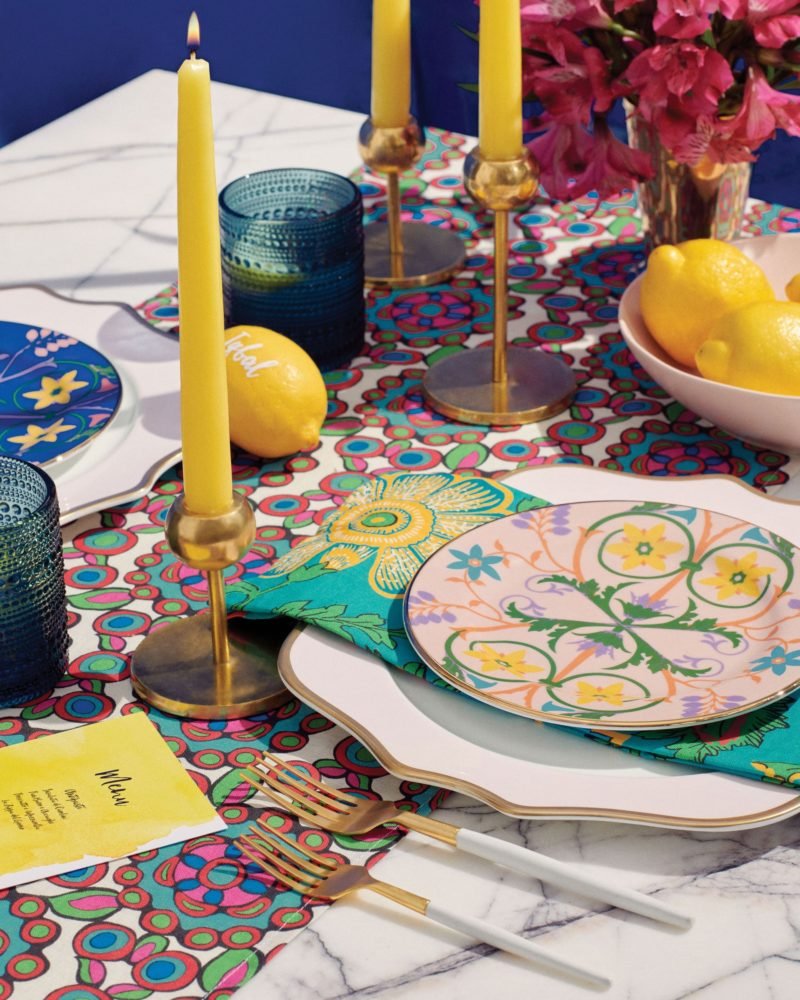Essays on Kitchens: Will the Future of Gastronomy Be Mobile?
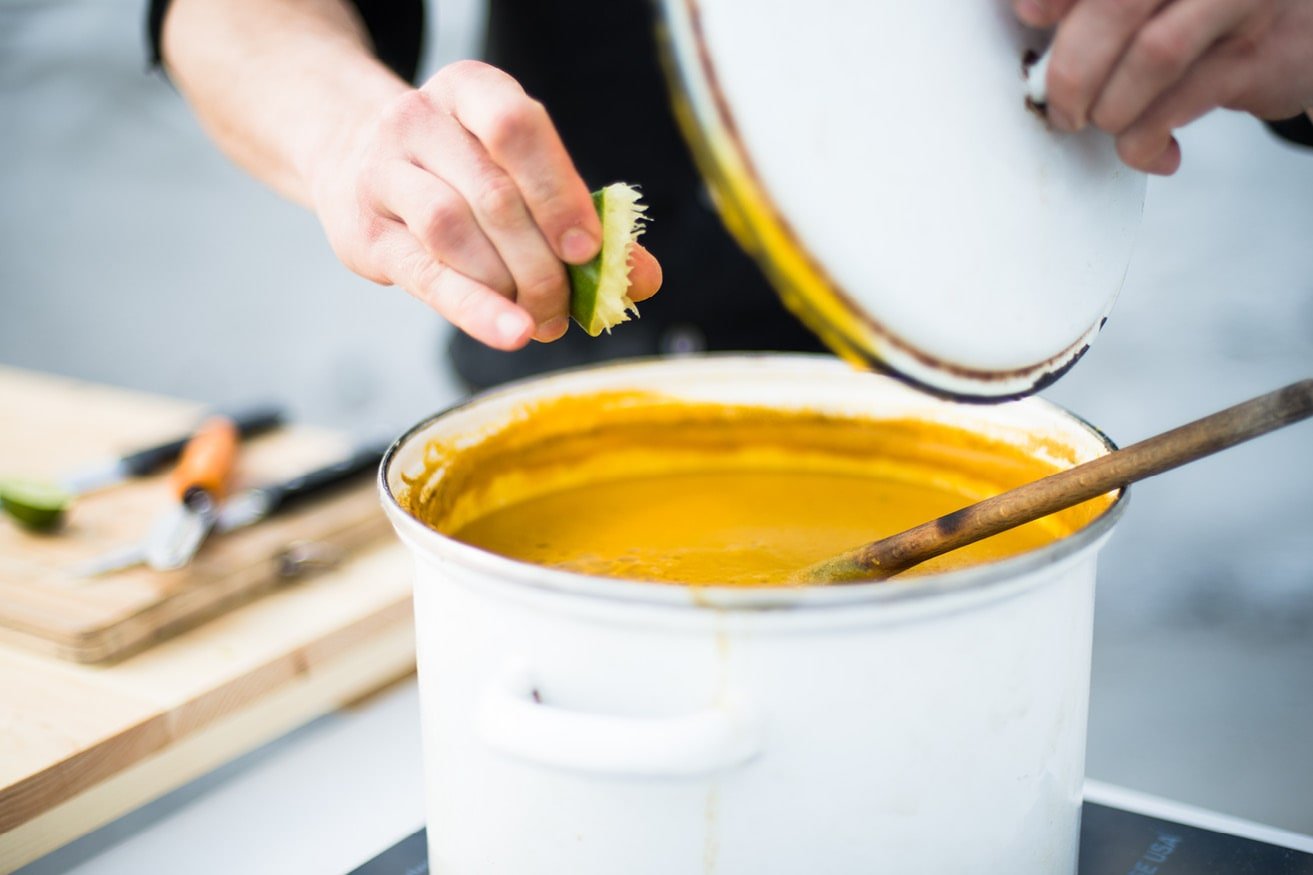
Food is a rich arena for creative investigation. However, it's the kitchens that have always been a mirror of our society. Based on six kitchens designed by studio Chmara.Rosinke, the book Essays on Kitchens explores how something as simple and obvious as the kitchen has made its mark on cultural history.
The Polish-born designers, Ania Rosinke and Maciej Chmara — who now divide their time between Vienna and Berlin — met and began to collaborate during their studies at the Academy of Fine Arts in Gdańsk, Poland. Their work can be characterised by simple, poetic forms, ecological awareness and aesthetics that frequently trace back to the most essential archetypes. They specialise in indoor and product design, as well as in constructions redefining human interactions within public space.
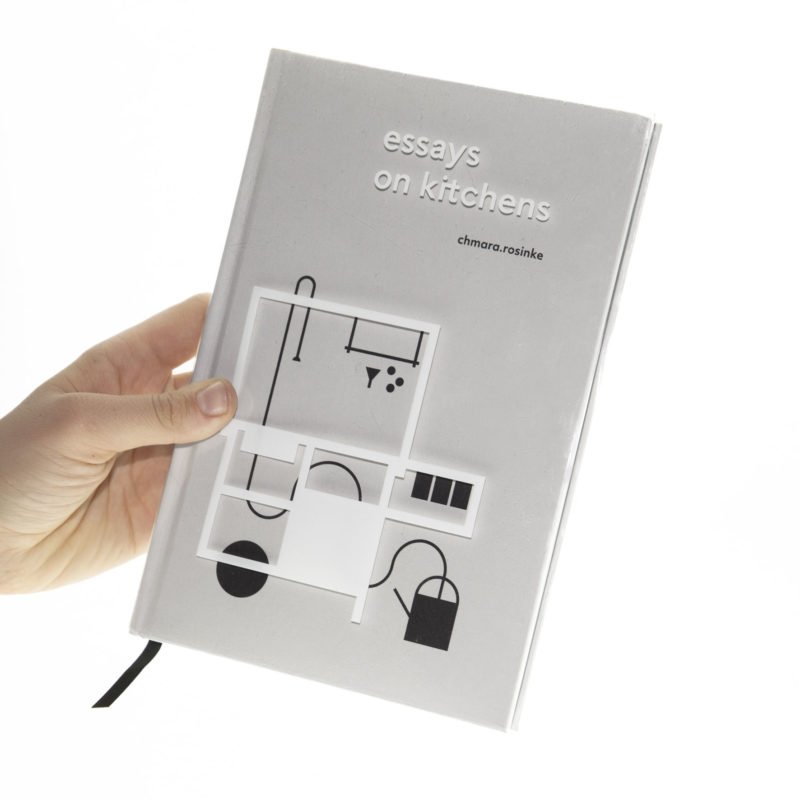
Drawing on contemporary discourses on the kitchen from the realms of sociology, history, design and gastrosophy, Essays on Kitchens presents six kitchen-related designs by chmara.rosinke accompanied by essays examing the seemingly simple idea of the kitchen. The project focuses on a variety of facets of the kitchen — its performative and representational functions, its both social and societal roles, and craft and design aspects, including the heritage of Polish DIY.

Chmara.Rosinke largely interpret the kitchen as “changeable series of objects, often more like pieces of furniture, in a variety of forms that can be customised for a number of environments, for different purposes and audiences.” However, as the book was originally published on the occasion of the exhibition Mobile Kitchens by Chmara.Rosinke at the Kunstgewerbemuseum in Berlin, the designers’ projects primarily focus on the concept of mobility — furniture and solutions for modern nomads.
Their most important project, which is the starting and finishing point of the book, Mobile Hospitality, is a food design project created for public spaces. chmara.rosinke came up with a wheelbarrow kitchen and dining space, built it from scratch, and following the designers’ resentment to ‘museification’ of their projects, the project continues to travel around the cities worldwide. Mobile Hospitality was born out of the context of ‘Polish hospitality’ as Poles pride themselves in always being prepared to host and share their table with their guests, offering as much as they are able at a given moment. Raised in such culture, Chmara.Rosinke take this notion one step further and move the idea of hospitality out of their homes. Mobile Hospitality has been presented in a number of cities inviting random wanderers, office workers, tourists or local neighbours to sit at a mutual table and share a meal. The idea is simple — to share food, time and space.
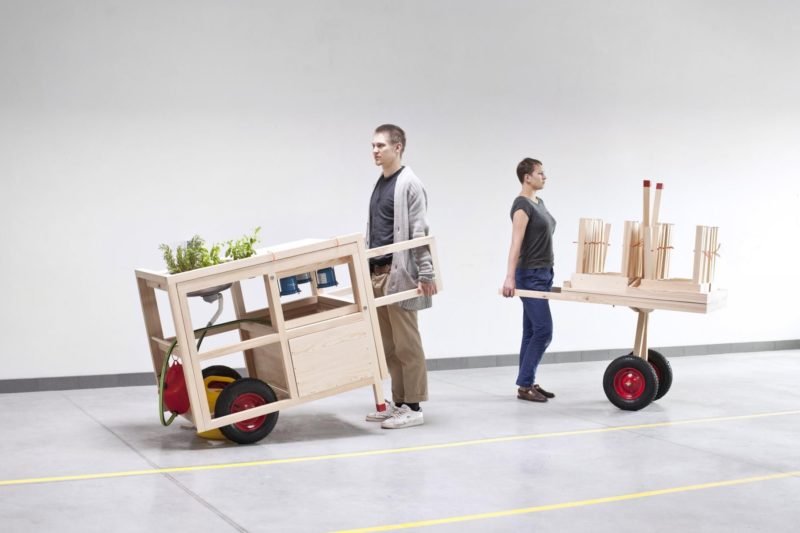
The project comes in various editions (each of them presented in the volume), but each time, the designers believe that taking both responsibility and initiative in public space is a key feature of leaving in the city. Each new design is to emancipate the kitchen out of a house even more and to encourage new ways of interacting with and contributing to the cityscape.



The collection of texts collected in Essays on Kitchens is then not only an overview of their projects situated within broader historical, cultural and sociological perspectives, but it also asks a particularly relevant question. What might be the next step of the emancipation of the kitchen? In the book, chmara.rosinke shows that it doesn’t necessarily have to be fitted one — the kitchen can function outside the home, even though the city plays a difficult role as space.
“Responsibility for the outdoor space, for most of the residents stops at their garden fence. The mobile hospitality project starts just here“
Ania Rosinke and Maciej Chmara
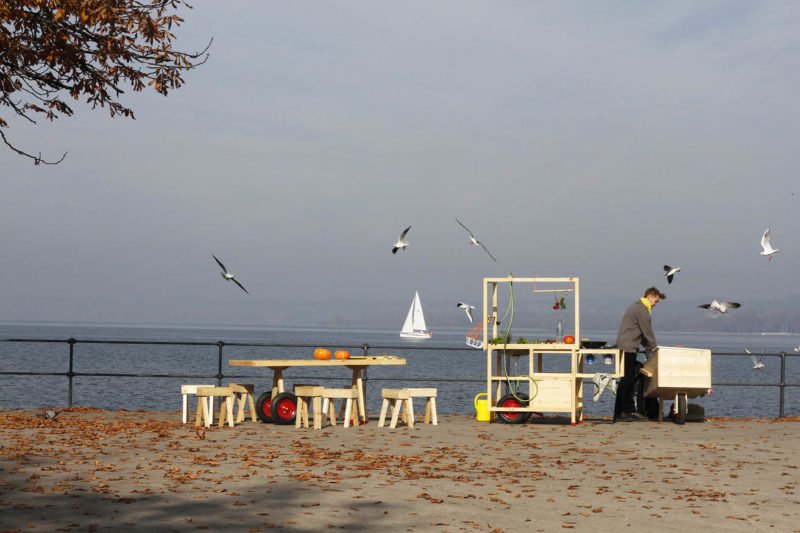
Although full of cultural concepts that the readers don’t have to be familiar with, Essays on Kitchens is for sure an interesting read. It is not only for people interested in design or a quite anthropological view on the kitchen situated within different ways of approaching an everyday space and asking questions about the ways we live; foremost it is for those with a thing for DIY culture. For those with a thing for the nonobvious designs that make people closer to each other within public space. And for those that like their kitchens just like their food — with a Polish twist.
Book Details
Essays on Kitchens
Editors: Ania Rosinke, Maciej Chmara
Publisher: Spector Books
Format: 16,5 x 24 cm
Features: Thread-sewn hardcover, 95 pages
Language: English
ISBN: 978-3-95-905328-0


